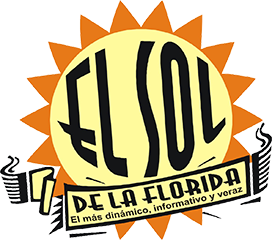Chile ranks with the second highest number of obese people in Latin America, so the government has decided to take action. As of June 27 Kinder Surprise, the popular chocolate egg containing a toy inside was prohibited, and McDonald’s will have to modify the labeling of itsHappy Meal.
The data provided by the United Nations Food and Agriculture Organization (FAO) revealed that 9.5% of Chilean children under five are obese. But the figure of the Chilean Ministry of Health is that the percentage of children aged between zero and seven years with obesity is above 30%. “The Kinder Surprisewill not be sold in Chile. The box of McDonald’s (Happy Meal) has high amounts of salt, sugar and saturated fats,” says the head of the Public Policy Department of the Ministry of Health.
Moreover, the World Health Organization (WHO) published a report in which it warns that obesity has doubled in poor countries. Of the 42 million children under five who are overweight in the world, 83% come from poor countries. The report relates that of all obese children registered in 2014, 48% of them live in Asia. Childhood obesity is a major public health challenge. Governments blame advertising and the ingredients of the products.
In the United States life expectancy of children is lower than that of their parents. One study claims that the increase in childhood obesity could shorten his life by five years. The report published in The New Medicine states that “the severity of obesity is so great, especially among children, that more diseases are likely to appear.” For its part, the European Commission has launched a campaign to raise awareness of the “obesity epidemic” that floods the whole world. The advertising campaign promotes physical exercise and a healthy diet.
________
clementeferrer@clementeferrer.com
Author and journalist Clemente Ferrer has led a distinguished career in Spain in the fields of advertising and public relations. He is currently President of the European Institute of Marketing.


